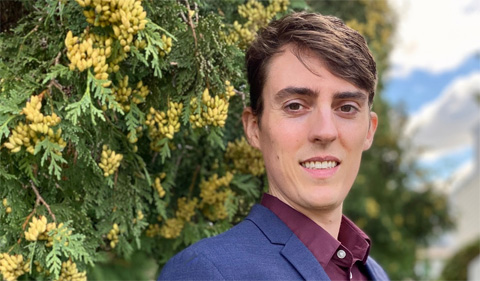The Economics Seminar Series presents Christian Cox on Friday, Sept. 25, from 3 to 4:15 p.m.
Cox is a doctoral candidate in the Department of Economics at Michigan State University.
For more information about the Economics Seminars, contact Dr. Roberto Duncan.
Abstract: The United States Supreme Court 2010 decision in Citizens United v. Federal Election Commission shook the legal framework for campaign finance. A new political action committee emerged from this case, known as the Super PAC, with a relatively unfettered ability to raise and spend money in elections. How were campaign spending and electoral outcomes affected? I characterize the influence of Super PACs on U.S. Congressional general and primary elections by estimating an election contest model. I exploit variation in donor finances, background information on candidates, and the dynamic model structure to deal with candidate and committee unobservables. Results indicate that Super PACs do not have significant influence on voting outcomes, but they did substantially increase election spending between 2010-2016. They also have modest effects on candidate platforms, with differential effects by party and incumbency status.



















Comments